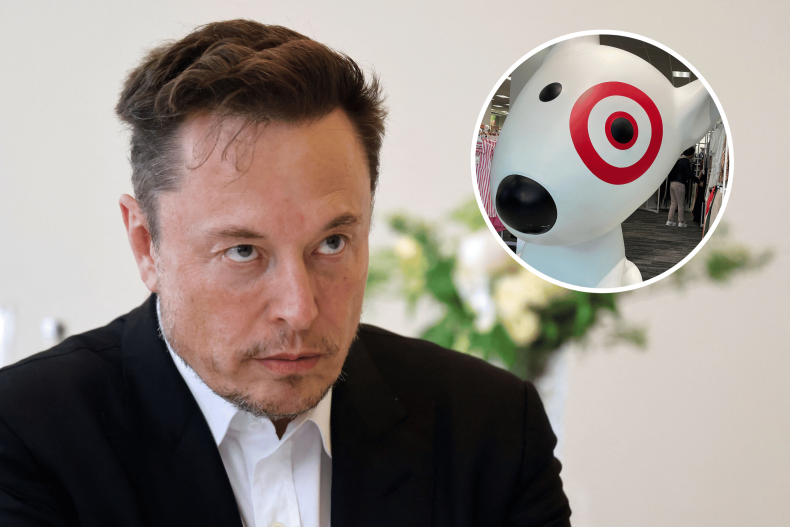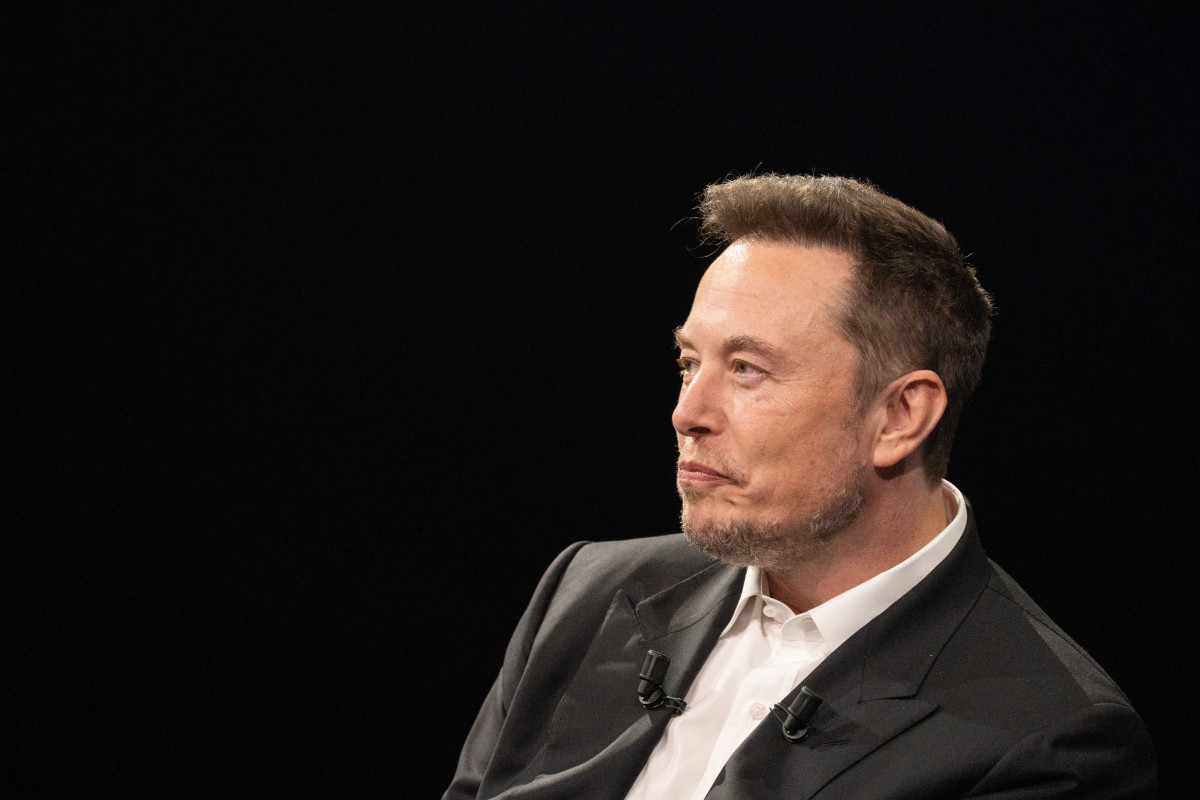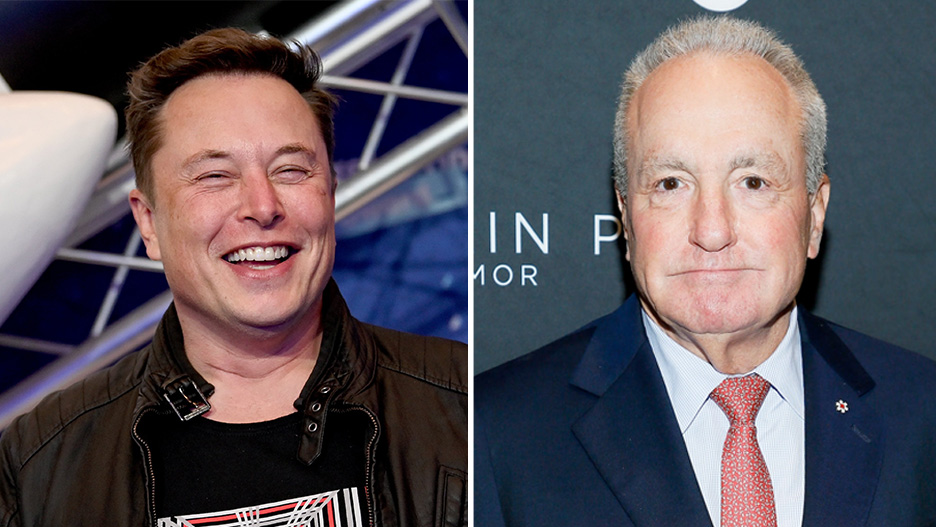Boycott Musk: A Comprehensive Analysis Of The Movement, Its Reasons, And Implications
The boycott of Elon Musk has become a significant topic in recent years, sparking heated debates across the globe. As one of the most influential entrepreneurs of our time, Musk's actions, decisions, and public statements have not always aligned with the values of everyone. This movement, driven by various stakeholders, raises critical questions about corporate responsibility, ethical leadership, and consumer power. In this article, we will delve into the reasons behind the boycott, its implications, and whether it holds the potential to influence Musk's business empire.
Elon Musk, the founder of Tesla, SpaceX, and other groundbreaking ventures, has undeniably transformed industries and inspired millions. However, his leadership style, controversial statements, and business practices have also drawn criticism. The boycott movement is not just about opposing Musk's actions but also about holding corporate leaders accountable for their impact on society and the environment.
This article aims to provide an in-depth analysis of the boycott Musk movement, exploring its origins, motivations, and potential consequences. Whether you support or oppose the boycott, understanding its context can help you make informed decisions about your involvement in this global conversation.
Read also:Who Is Blue Ivys Mother A Comprehensive Guide To Beyonceacutes Life And Career
Table of Contents
- Biography of Elon Musk
- Reasons Behind the Boycott Musk Movement
- Environmental Concerns
- Labor Practices and Worker Rights
- Political Stance and Public Statements
- Economic Impact of the Boycott
- Musk's Role in Social Media Controversies
- The Power of Consumer Action
- Future Implications for Musk's Companies
- Conclusion
Biography of Elon Musk
Early Life and Career
Elon Musk was born on June 28, 1971, in Pretoria, South Africa. From a young age, he displayed an extraordinary aptitude for technology and entrepreneurship. After moving to Canada and later the United States, Musk co-founded PayPal, which was acquired by eBay for $1.5 billion in 2002. This success laid the foundation for his future ventures, including Tesla, SpaceX, Neuralink, and The Boring Company.
Biodata of Elon Musk
| Full Name | Elon Reeve Musk |
|---|---|
| Date of Birth | June 28, 1971 |
| Place of Birth | Pretoria, South Africa |
| Education | B.S. in Physics and Economics from the University of Pennsylvania |
| Net Worth | $250 billion (as of 2023) |
Reasons Behind the Boycott Musk Movement
The boycott Musk movement has gained momentum due to several reasons, ranging from environmental concerns to labor practices and public statements. Below, we explore the key factors driving this global initiative.
Environmental Concerns
While Tesla is often celebrated for its role in promoting electric vehicles (EVs), critics argue that Musk's environmental record is not as clean as it seems. The extraction of lithium and cobalt for EV batteries has raised questions about sustainability and ethical sourcing. Additionally, Musk's acquisition of Twitter has led to concerns about the platform's impact on misinformation and climate denial.
Labor Practices and Worker Rights
Musk's labor practices have long been a point of contention. Tesla has faced numerous lawsuits and allegations related to worker safety, discrimination, and union suppression. Critics argue that Musk prioritizes profit over the well-being of his employees, fueling calls for a boycott.
Political Stance and Public Statements
Musk's political views and public statements have further polarized opinions. His support for certain political figures and policies has alienated segments of the population. Additionally, his controversial tweets and interviews have sparked outrage, leading some to question his suitability as a role model.
Controversial Tweets
- Statements about vaccines and public health
- Comments on LGBTQ+ rights
- Political endorsements and criticisms
Economic Impact of the Boycott
The economic implications of the boycott Musk movement are significant. As one of the wealthiest individuals in the world, Musk's companies rely heavily on consumer demand. A widespread boycott could impact Tesla's sales, SpaceX contracts, and other ventures. However, the effectiveness of such a movement remains debated.
Read also:Christmas Vacation Gingerbread House Your Ultimate Guide To Festive Joy
Consumer Behavior
Understanding consumer behavior is crucial in assessing the potential success of a boycott. Studies suggest that while boycotts can generate awareness, their long-term impact on corporate profits is often limited. Nevertheless, the movement's ability to influence public perception should not be underestimated.
Musk's Role in Social Media Controversies
Elon Musk's acquisition of Twitter has been a focal point of the boycott movement. Critics argue that his leadership has undermined the platform's credibility and contributed to the spread of misinformation. The controversy surrounding Twitter's content moderation policies has further fueled calls for a boycott.
Impact on Free Speech
- Changes in content moderation policies
- Increased polarization and misinformation
- Public backlash against Musk's management style
The Power of Consumer Action
Consumer power remains a potent force in shaping corporate behavior. By boycotting Musk's products and services, individuals can send a strong message about their values and expectations. However, the effectiveness of such actions depends on widespread participation and sustained effort.
Strategies for Effective Boycotts
- Building a coalition of like-minded individuals
- Leveraging social media platforms for awareness
- Engaging with influencers and thought leaders
Future Implications for Musk's Companies
The future implications of the boycott Musk movement are far-reaching. While Musk's companies may weather the storm, the movement highlights the growing importance of corporate responsibility and ethical leadership. Companies that fail to align with societal values risk alienating their customer base and damaging their reputation.
Potential Outcomes
- Increased scrutiny of corporate practices
- Shifts in consumer preferences toward ethical brands
- Reforms in labor and environmental policies
Conclusion
The boycott Musk movement reflects a broader trend of holding corporate leaders accountable for their actions. While Musk's contributions to technology and innovation are undeniable, his leadership style and business practices have sparked justified concerns. Whether the movement succeeds in influencing Musk's decisions remains to be seen, but its impact on public discourse is undeniable.
We invite you to join the conversation by sharing your thoughts in the comments section. If you found this article informative, consider sharing it with others to spread awareness. For more insights into corporate responsibility and ethical leadership, explore our other articles on the website.
Article Recommendations


